Guatemalan president resigns over corruption firestorm
New vice president, Alejandro Maldonado, is now due to assume power until Perez's successor is sworn in on January 14
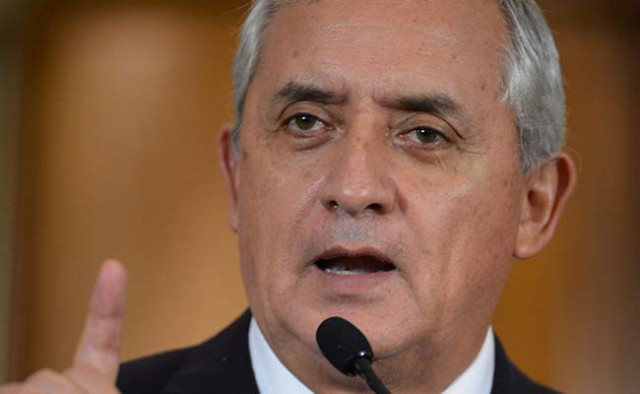
File Photo of Guatemala's President Otto Perez. PHOTO: AFP
After clinging to power through months of unprecedented protests, the conservative leader finally bowed out hours before a court hearing where he faces being remanded in custody pending trial — a decision that would have automatically removed him from office under Guatemalan law.
Congress voted unanimously on Tuesday to strip the 64-year-old retired general's presidential immunity, a first in the Central American country's history.
The scandal had already felled a raft of top officials, including former vice president Roxana Baldetti, who resigned in May and is in jail awaiting trial.
The new vice president, Alejandro Maldonado, is now due to assume power until Perez's successor is sworn in on January 14.
Perez sent his resignation to Congress "to protect the country's institutions" and "keep the office of the president away from the judicial process," presidential spokesman Jorge Ortega told AFP.
Prosecutors accuse Perez of masterminding a highly organized corruption scheme that defrauded the state of millions of dollars.
The scandal erupted in April, when investigators from a United Nations commission tasked with fighting high-level graft in Guatemala accused administration officials of running a system in which businesses paid bribes to clear their imports through customs at a fraction of the actual tax rate.
The scheme was dubbed "La Linea" (The Line), for the hotline that importers would allegedly call to access a network of corrupt officials.
Perez is expected to appear before a judge on Thursday morning. Prosecutors will ask the court to remand him in custody pending trial, said prosecution spokeswoman Julia Barrera.
The former military intelligence officer was ultimately backed into a corner by the spreading firestorm. A judge barred him from leaving the country after his immunity was stripped.
On Wednesday the country's highest court rejected two motions filed by his lawyers challenging the legality of the proceedings against him.
In a last-ditch bid to avoid being taken into custody, Perez then filed a court document saying he would cooperate with the investigation.
But even that did not stop Judge Miguel Angel Galvez, who is presiding over the case, from ordering his arrest. Guatemala's attorney general said on Wednesday she was confident Perez would be convicted of corruption.
"There's a criminal case and we will go to trial and then a verdict. In my opinion and based on what I know of the case, it will have to be a conviction," said Attorney General Thelma Aldana, who was appointed by Perez.
Outraged Guatemalans have celebrated Perez's downfall. Thousands have taken to the streets in protest since the scandal erupted, on a scale never before seen in the Central American country.
The accusations have stoked outrage in the country of 15 million people, 53.7 per cent of whom live in poverty, where the scars are still fresh from a 36-year civil war that ended in 1996.
Investigators say their accusations are based on some 89,000 wire-tapped phone calls that uncovered "La Linea."
The UN investigative commission also uncovered separate corruption schemes implicating the top officials of the central bank and social security administration, forcing them to resign.
Perez had been left increasingly isolated by the scandals. Six of his 14 ministers had resigned in recent days, along with several other top officials.
Perez apologised for the fact the graft happened on his watch, but repeatedly denied involvement.
The climate is jubilant but tense heading into Sunday's elections, which will also choose the members of the 158-seat legislature and 338 mayors. The UN warned on Wednesday there was a risk of violent protests on voting day.
Rights groups have reported cases of political party activists attacking protesters, and some 10 candidates were murdered between March and August.
On Tuesday, Nobel Peace Prize winner Rigoberta Menchu, a Guatemalan indigenous activist, appealed for calm, telling AFP in an interview: "My greatest hope is that there will be no violence on Sunday, that we will turn out without fear and vote... with no bloodshed."

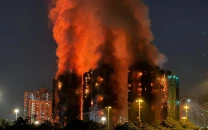
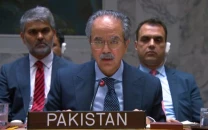
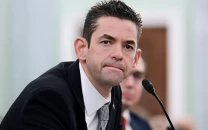
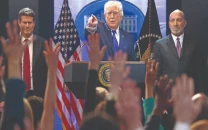














COMMENTS
Comments are moderated and generally will be posted if they are on-topic and not abusive.
For more information, please see our Comments FAQ